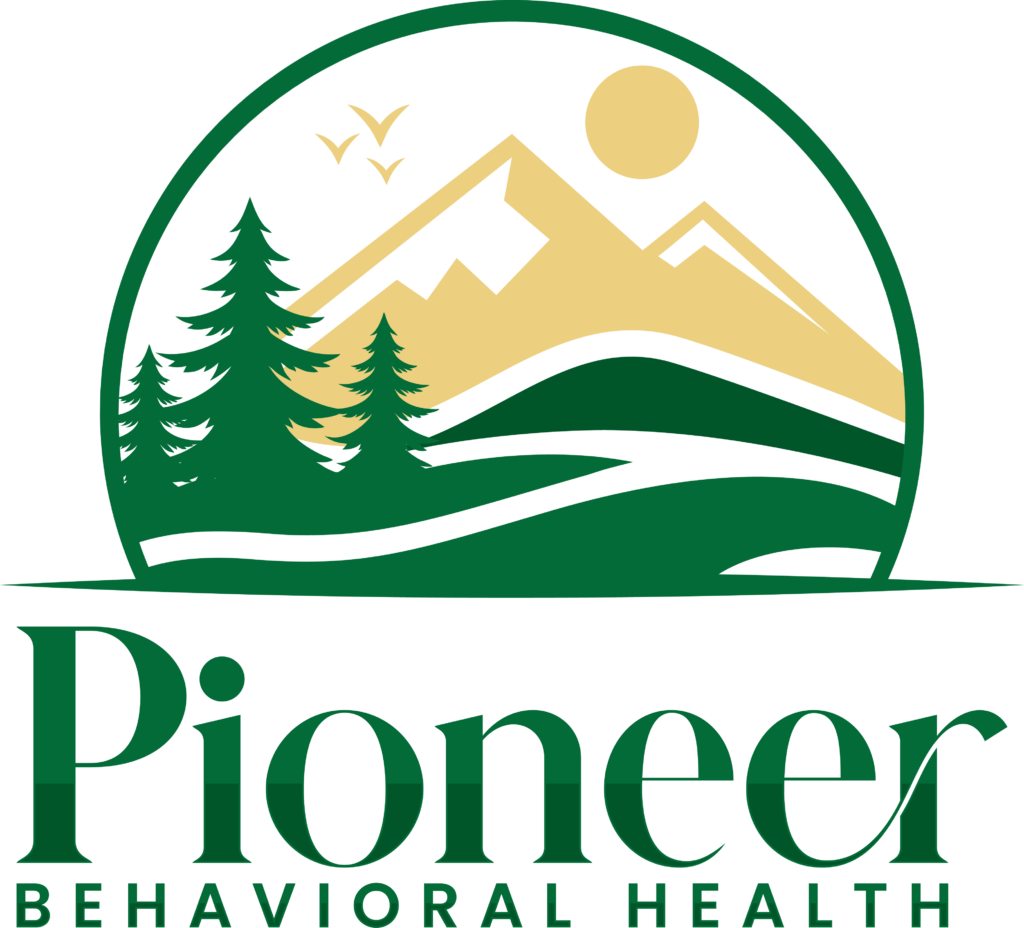Eating disorders affect individuals from all walks of life, often taking a physical, mental, and emotional toll on those who experience them. Whether someone is struggling with anorexia, bulimia, binge eating, or another disordered eating pattern, professional help is essential for lasting recovery.
At Pioneer Behavioral Health, we specialize in comprehensive, evidence-based approaches that address both the underlying causes and the immediate health concerns associated with eating disorders. Below, we explore some of the most effective therapeutic methods for eating disorder recovery, along with how we integrate these treatments into our holistic care model.
Understanding How to Treat Eating Disorders

Before diving into specific treatment methods, it’s important to recognize that eating disorders are complex conditions. They may stem from a variety of factors, including genetics, psychological stress, societal pressures, and more. Because of this complexity, a personalized treatment plan is crucial. What works for one individual may not be effective for another.
Cognitive-Behavioral Therapy (CBT)
Cognitive-Behavioral Therapy (CBT) is one of the most widely used approaches for treating eating disorders. This evidence-based therapy focuses on identifying and changing negative thought patterns and behaviors related to food, body image, and self-esteem.
- Thought Restructuring: Individuals learn to challenge and replace distorted beliefs about body image and food.
- Behavioral Interventions: Therapists help clients develop healthier coping mechanisms for handling stressors that might trigger disordered eating behaviors.
Many clients find CBT empowering because it provides them with practical tools to use in real-world situations, helping them recognize and modify problematic thoughts and behaviors.
Dialectical Behavior Therapy (DBT)
Originally developed to treat borderline personality disorder, Dialectical Behavior Therapy (DBT) has also shown promising results for individuals with eating disorders. DBT focuses on four core skill areas:
- Mindfulness: Staying present in the moment to better understand emotions and triggers.
- Distress Tolerance: Developing healthy ways to cope with uncomfortable or overwhelming emotions.
- Emotion Regulation: Learning to manage and process strong emotional responses in a constructive way.
- Interpersonal Effectiveness: Building and maintaining healthier relationships, often crucial for long-term recovery.
DBT can be especially helpful for clients whose disordered eating behaviors serve as a means to self-soothe emotional pain.
Family-Based Therapy (FBT)
Eating disorders not only affect the individual but can also impact their entire support system. Family-Based Therapy (FBT) involves parents, siblings, and sometimes close friends in the recovery process. In FBT sessions:
- Nutritional Rehabilitation: Family members learn how to support healthier eating habits and monitor progress.
- Improved Communication: Therapy sessions help identify and correct any destructive family dynamics that may contribute to the eating disorder.
- Shared Support: Encourages accountability and fosters a supportive home environment for recovery.
FBT can be particularly beneficial for adolescents and young adults by addressing the disorder within the context of their everyday lives.
Nutritional Counseling
Since eating disorders have a direct impact on physical health, nutritional counseling is an essential component of comprehensive treatment. Registered dietitians or nutritionists work with clients to develop balanced meal plans, address misconceptions about food, and restore healthy patterns of eating.
- Education: Dispels myths around dieting, calories, and weight management.
- Meal Planning: Helps clients establish structure around meals and snacks.
- Body Awareness: Encourages tuning in to hunger and fullness cues to rebuild a healthy relationship with food.
Group Therapy and Peer Support
The power of shared experiences cannot be underestimated. Group therapy and peer support groups provide a safe, supportive environment for individuals to discuss challenges, celebrate milestones, and learn from one another’s experiences. Feeling understood and validated by others who’ve faced similar struggles can reduce the sense of isolation that often accompanies eating disorders.
Medication Management
While therapy and counseling form the backbone of treatment, medication management can also play a role—particularly for those experiencing co-occurring conditions like anxiety, depression, or substance use disorders. Selective Serotonin Reuptake Inhibitors (SSRIs), for example, have been effective in some cases of bulimia. Our team at Pioneer Behavioral Health carefully evaluates each client to determine whether medication might be a beneficial component of their overall treatment plan.
How Pioneer Behavioral Health Can Help
At Pioneer Behavioral Health, we recognize that every individual’s journey with an eating disorder is different. That’s why we offer personalized, holistic programs designed to address the mental, physical, and emotional aspects of recovery. Our multidisciplinary team includes clinicians, therapists, dietitians, and recovery specialists who collaborate to provide the highest standard of care.
What to Expect at Pioneer Behavioral Health:
- Comprehensive Assessment: A thorough evaluation helps us understand your unique challenges and craft a targeted treatment plan.
- Integrated Approach: We combine therapies like CBT, DBT, family-based therapy, and nutritional counseling to offer a well-rounded recovery process.
- Compassionate Environment: Our staff is dedicated to creating a safe, welcoming space for everyone.
- Ongoing Support: Even after completing a primary program, we provide robust aftercare options to help maintain progress and prevent relapse.
Take the First Step Toward Recovery
Acknowledging that you or a loved one needs professional help can be difficult, but it’s a crucial step toward healing. At Pioneer Behavioral Health, we’re here to walk you through every stage of recovery, offering expert guidance and unwavering support.
You deserve a life free from the physical and emotional burdens of an eating disorder—and we’re committed to helping you reach that goal. Reach out to us today for help.


